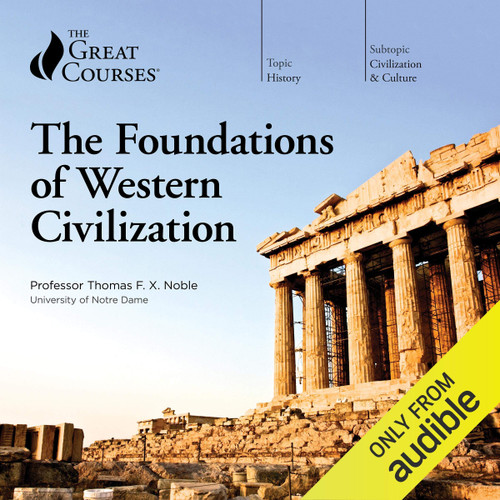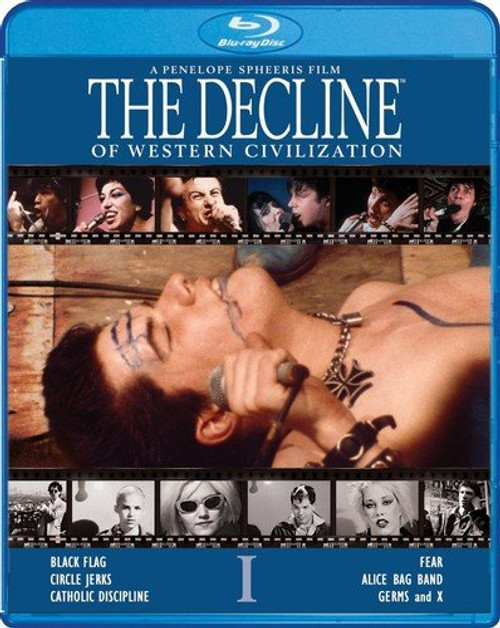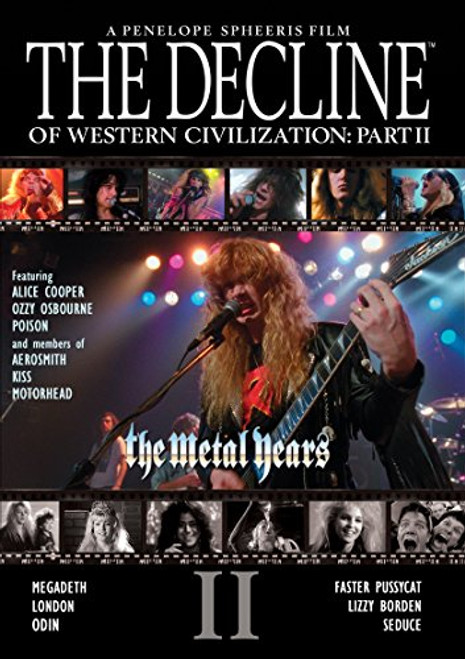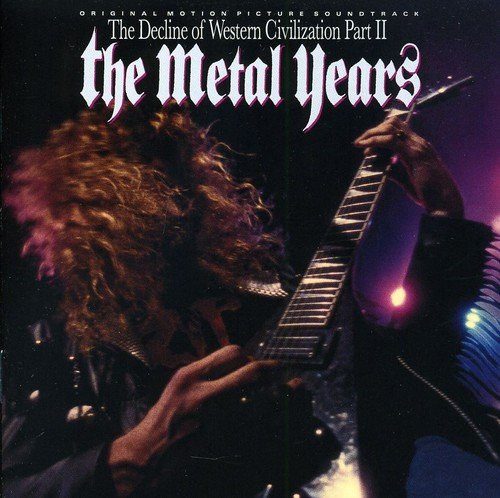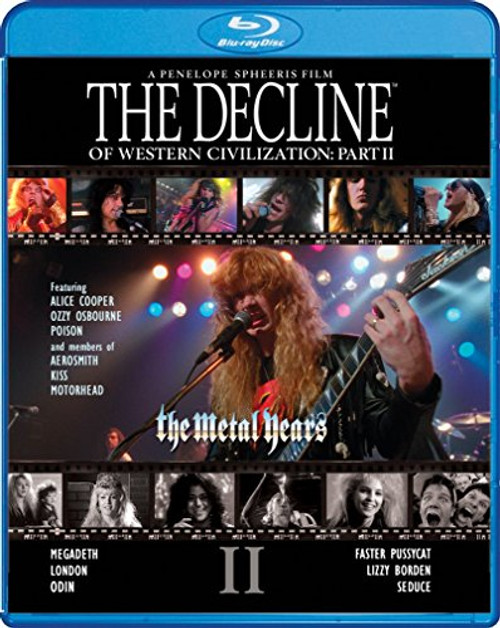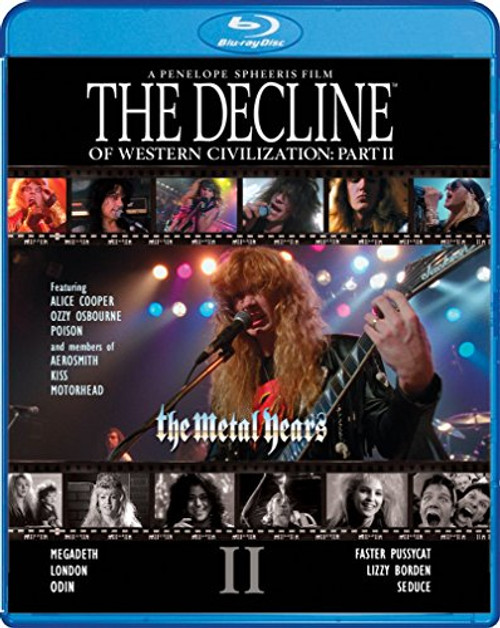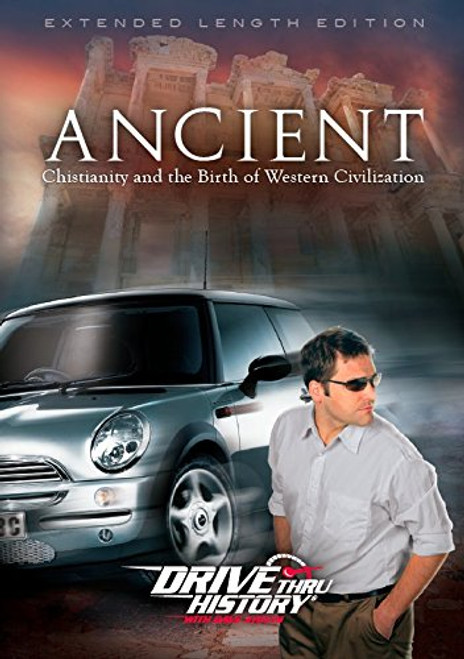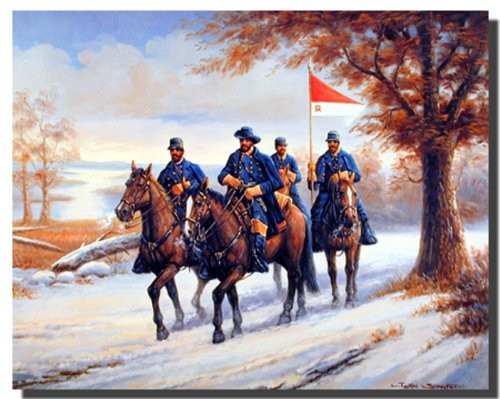Within this series of 48 lectures, you'll discover the many ways in which Western civilization has addressed those questions, from its first stirrings in the great river valleys of Iraq and Egypt in 3000 B.C to the beginning of the 17th century and the dawn of the modern world. Your learning will cover vast amounts of territory and thousands of years, beginning in the ancient Near East and moving to Greece and then Rome. You'll explore ancient empires, including those of Persia, Alexander the Great, and Rome.
You'll watch as western Europe gradually expands, both physically and culturally. And you'll examine the globalizations of Western civilization with the Portuguese and Spanish voyages of exploration and discovery.
This broad and panoramic series, ripe with the telling detail on which history can turn, will help you pull an enormous sweep of history together into one coherent - though by no means closed - framework as you watch history develop under the influence of such critical factors as ecology and environment, geography, and climate; government and economics; technology; religion; work and leisure; philosophy; literature; art and architecture; and virtues, values, and aesthetics.

